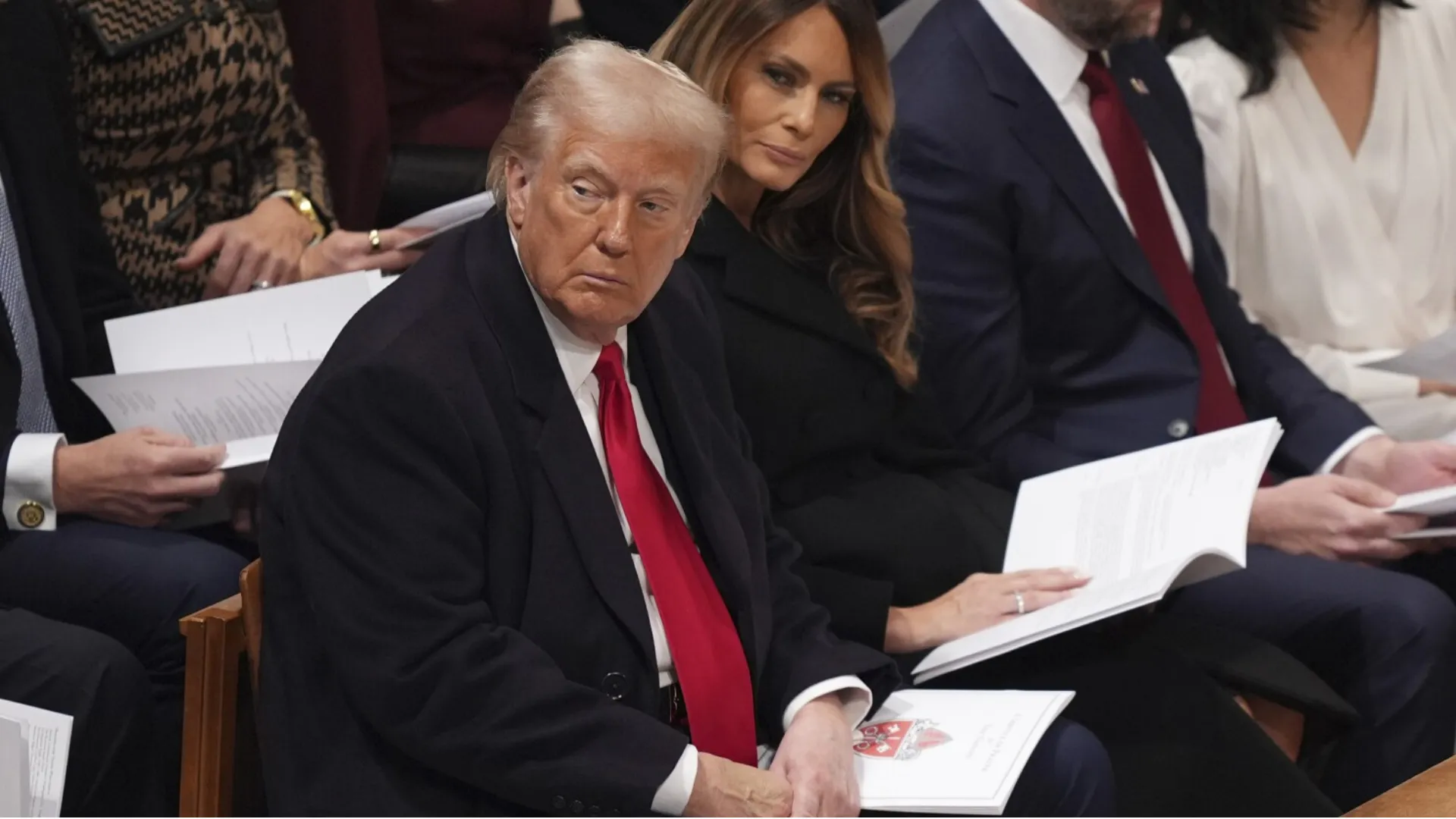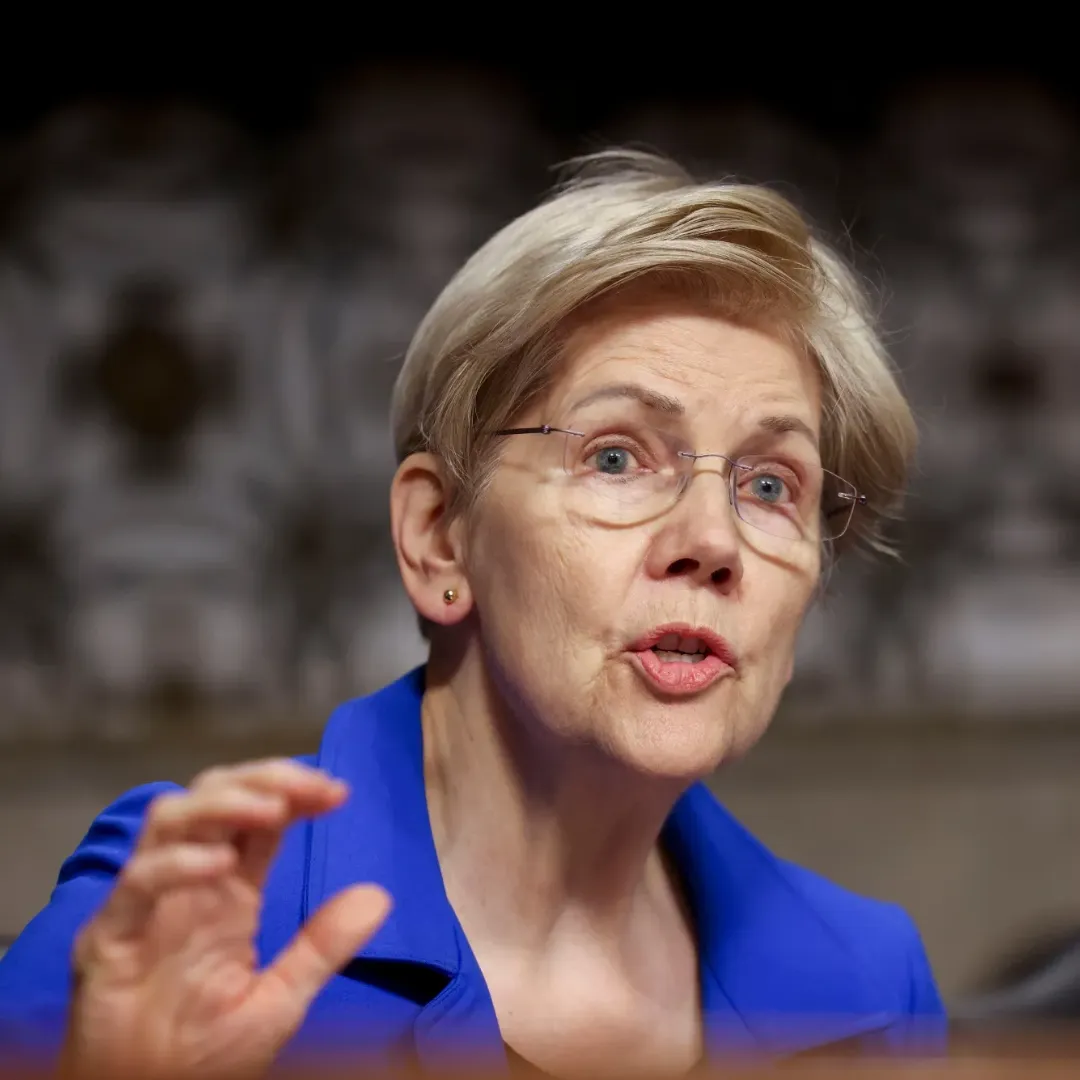
The United States Internal Revenue Service is reportedly preparing to revoke the long-held tax-exempt status of Harvard University, marking a potential turning point in the intensifying conflict between the Ivy League institution and the administration of former President Donald Trump.
The move, which sources say could be finalized in the coming days, represents an extraordinary intervention in the financial standing of one of the country’s most prominent academic institutions.
This development follows Trump’s recent public threats against Harvard after the university defied what it described as unlawful demands from the federal government. The demands included major changes to academic structures, leadership, and hiring practices, under threat of losing federal grants and contracts.
After Harvard rejected those conditions, the administration responded with a freeze on federal funds and a pledge to explore additional punitive measures.
Trump has since escalated the dispute by targeting the university’s tax status, stating that Harvard no longer deserved the benefits afforded to nonprofit educational institutions. “They should apologize,” Trump said in a recent address. “Harvard has disrespected the law, disrespected our country, and now they’re going to face the consequences.”
The IRS has not issued a public statement confirming or denying the reports, but insiders say the agency has been instructed to initiate a formal review of Harvard’s compliance with tax-exempt eligibility criteria. If completed, the action could fundamentally alter how the university is treated under federal tax law and dramatically impact its financial operations.
Harvard University currently enjoys tax-exempt status under Section 501(c)(3) of the Internal Revenue Code, which allows nonprofit institutions to operate without paying federal income tax on revenue directly related to their educational mission.
The status also provides eligibility for tax-deductible donations and exemptions from certain local and state taxes. Revocation of this designation would not only result in higher operational costs but could also undermine donor confidence and long-term endowment planning.

The prospect of Harvard losing its tax-exempt standing has alarmed higher education leaders, who warn that the move could set a dangerous precedent. While the federal government has previously clashed with universities over political and social issues, rarely has it taken steps that directly threaten an institution’s legal status as a nonprofit. Critics argue that such an action represents an abuse of executive authority and a politicization of tax enforcement.
“They’re trying to punish Harvard for standing up for academic freedom,” one university official said privately. “This has nothing to do with tax compliance and everything to do with silencing dissent.”
The dispute began when the Trump administration issued a series of mandates instructing the university to submit to changes that included the dismantling of diversity and inclusion initiatives, restructuring leadership roles, and shifting the content of academic programs deemed politically biased.
Harvard responded by rejecting the demands, stating that no administration had the authority to dictate what a private university teaches, whom it hires, or how it governs itself.
“No government—regardless of political party—should be allowed to impose ideological conditions on academic institutions,” a Harvard statement read. “We are committed to protecting our independence and the core values of education and inquiry.”
The standoff quickly drew national attention. In solidarity with Harvard, several other universities voiced concern over federal encroachment on institutional autonomy. Former President Barack Obama also weighed in, calling Harvard’s response “an important stand for freedom of thought and academic integrity.”
Trump, however, has not relented. In addition to halting more than two billion dollars in federal contracts with the university, his administration has continued to pursue financial pressure tactics aimed at forcing compliance. The possibility of removing Harvard’s tax-exempt status is the most aggressive step taken to date.

For the IRS, rescinding tax exemption is a complex and rare process. It requires formal review, documentation of noncompliance, and justification that the institution no longer serves the public interest as outlined in its charter.
Most actions of this kind are directed at organizations that commit clear violations of tax law or engage in illegal activity. Applying this process to a university for political reasons would be virtually unprecedented.
Still, sources familiar with the matter say the IRS has been directed to begin internal preparations, with final determinations to be made in the near future.
If the revocation proceeds, Harvard would be liable for federal income taxes on various forms of revenue, including tuition, research contracts, and endowment returns. The university could also face scrutiny over past filings and be forced to restructure its financial operations.
Harvard officials have reportedly begun consulting legal counsel and preparing for a possible legal battle. The university is expected to challenge any revocation in court, arguing that the action is retaliatory and lacks legal justification.
Legal scholars suggest that such a case could become a landmark test of the limits of executive power and the protection of nonprofit institutions.
“This would go far beyond a tax issue,” one constitutional expert said. “It’s about whether the federal government can use the tax code as a weapon against institutions it disagrees with politically.”
Beyond the immediate legal and financial implications, the controversy is expected to have broader effects on American higher education. Other universities may reconsider how publicly they express opposition to government policies, fearing similar retaliation.
Donors may hesitate to support institutions that are at risk of losing tax advantages, and students may question whether academic freedom is truly protected in a climate where political leaders can target universities for their ideological stance.

The Trump administration has defended its actions by framing them as part of a larger effort to hold elite institutions accountable and root out political bias in education.
According to one administration official, “Harvard has taken taxpayer dollars for years while pushing radical agendas. We’re simply ensuring that federal benefits align with the interests of the American people.”
Harvard supporters argue that the university, like all major institutions, reflects a diversity of thought and should not be penalized for resisting demands that violate academic norms.
They point out that Harvard is home to scholars across the ideological spectrum and that its research benefits national and global communities.
“Academic institutions are not political battlegrounds,” one faculty member said. “They are spaces for learning, dialogue, and discovery. When those spaces are threatened, so is the foundation of our democracy.”
As the situation continues to unfold, the IRS’s next steps will be closely watched not just by Harvard but by universities across the country. Whether or not the agency proceeds with the revocation, the mere threat has already altered the landscape, sending a message that political loyalty may now be tied to legal status.

For Harvard, the road ahead is uncertain. The university may soon find itself not only defending its curriculum and campus policies but fighting to preserve its financial identity and independence from government control.



